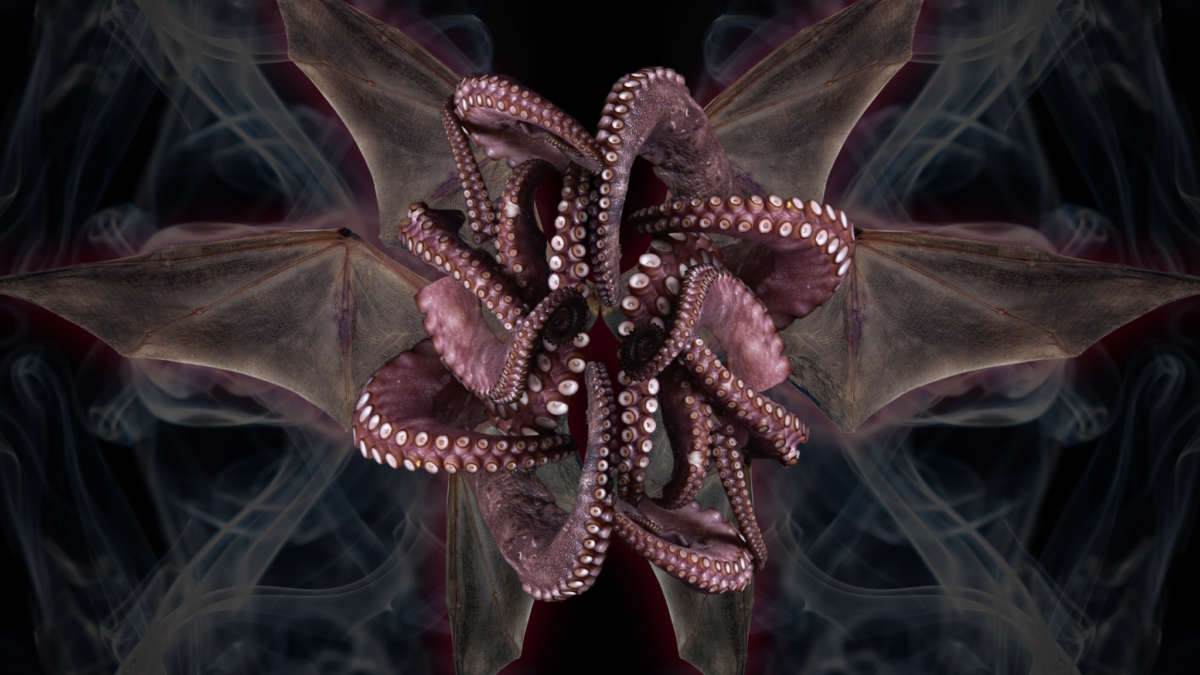It’s hard to imagine horror writing without the influence of H.P. Lovecraft. The early 20th-century writer made famous for creating the Cthulhu mythos spawned what’s perhaps the first full-scale example of “fan fiction,” with authors both famous and unknown exploring and expanding on the universe he created. From the controversial works of Lovecraft contemporary August Derleth, right up to present-day horror and speculative fiction luminaries such as Stephen King, Christopher Moore, Terry Pratchett and Neil Gaiman — so many writers have dipped into Lovecraft’s inkwell at one time or another.
We’ve gathered here some recent works that take the mythos into a variety of new and interesting directions, whether it be in genre, perspective or theme. These titles are but a few examples of the shapeshifting playground of dark imagination Lovecraft’s work continues to inspire.
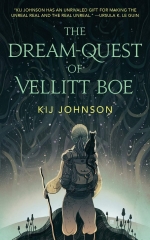
The Dream-Quest of Vellitt Boe by Kij Johnson
The Dream-Quest of Vellitt Boe by Kij Johnson (Tor.com)
Johnson has racked up a whole shelf of awards and honors in her career. This one is a World Fantasy Award winner, Hugo, Nebula, John W. Campbell, and Locus Award finalist for Best Novella. The story centers on Vellitt Boe, a professor at Ulthar Women’s College in the dreaming world, who sets off to find a student who has eloped with a man from the waking world, placing the school in peril. But even greater perils await her on her journey, many of which will be familiar to Lovecraft readers. Johnson’s feminist perspective provides a fresh and original take on the mythos. Says the Chicago Tribune, “By the time we finish this gorgeously written tale, we’re about convinced that Lovecraft’s wriggly gods and monsters are no match for smart women.”
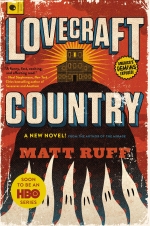
Lovecraft Country by Matt Ruff
Lovecraft Country by Matt Ruff (Harper Perennial)
The jury’s still out on whether the eponymous HBO series will return for another season, so you might as well go ahead and read the book if you haven’t already. Set in Jim Crow America in the 1950s, a father goes missing and his son sets out on a road trip to New England to find him with his uncle and childhood friend in tow. What he encounters along the way is a mix of horrors, both of the Lovecraftian ilk and of everyday racism. Christopher Moore, no stranger to Lovecraft’s inspiration himself, calls it “a very high-concept, imaginary world with such vividness that you can’t help but feel it’s disturbingly real.” It’s also a lens through which to view the work of Lovecraft the author, whose views on race are today recognized as problematic. If all of this seems very heavy, take heart — Ruff’s sense of humor is wryly stitched into this clever tale.
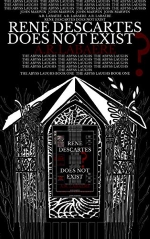
Rene Descartes Does Not Exist by A.R. LaBaere
Rene Descartes Does Not Exist (The Abyss Laughs Book 1) by A.R. LaBaere
LaBaere invokes weird fiction masters Poe, Chambers and Ligotti in addition to Lovecraft in this first installment of his three-part The Abyss Laughs series. Its uniqueness lies in its highly experimental narration, a poetic stream of consciousness that, as one reviewer puts it, “repeats, falls over itself, reinvents, creates layers of complex meaning and uses grammatical mistakes in a creative way … [putting] the reader into an absolutely cosmic sense of despair.” In short, this is what madness must feel like. Lovecraftian elements are woven throughout an amalgam of surrealism, postmodern poetry and metafiction for a mesmerizing, often terrifying and deliciously language-centric reading experience. As the narrator says of the book he inhabits, “the words are clandestine, unreal, tenebrously untidy, as though … the work were hazy, a foggy, peculiar looking-glass — curious words that seemed to keep some secret, monstrous if one only knew.”
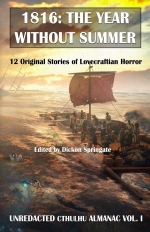
1816: The Year Without Summer by Dickon Springate
1816: The Year Without Summer edited by Dickon Springate (Beyond Death Publishing)
There are dozens of anthologies of short works inspired by and expanding on the Cthulhu mythos. This one is unique in that the stories Springate has gathered in this volume are all centered around the events of 1816, including horrifying alternative explanations for the climate event that became known as “the year without a summer.” Although the time periods of these twelve stories may be the same, the locations, settings and narrative perspectives are not, making for a read that’s full of variety and surprises. Beyond Death Publishing is a new press dedicated to mythos fiction, and more anthologies are in the works.
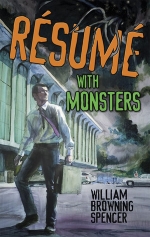
Résumé with Monsters by William Browning Spencer
Résumé with Monsters by William Browning Spencer (Dover)
What would happen if you crossed the movie Office Space with “The Call of Cthulhu”? Maybe something akin to this book. Lots of Lovecraft satire exists out there, but this one takes the Cosmicism worldview and applies it to a place full of mortal dread controlled by unseen and unknowable powers — the corporate workplace. Protagonist Philip Kenan is obsessed with the Great Old Ones, keeping their terrors at bay by constantly revising his novel, The Despicable Quest. He knows there are monsters lurking behind every cubicle at his dead-end job, but even his girlfriend reaches her limit of tolerance for his paranoia — walking straight into danger. The New York Review of Science Fiction says, “If Woody Allen had ever written a Cthulhu mythos novel, it might have come out like this.”

